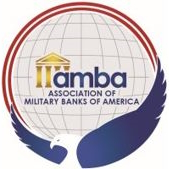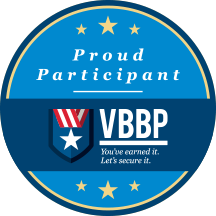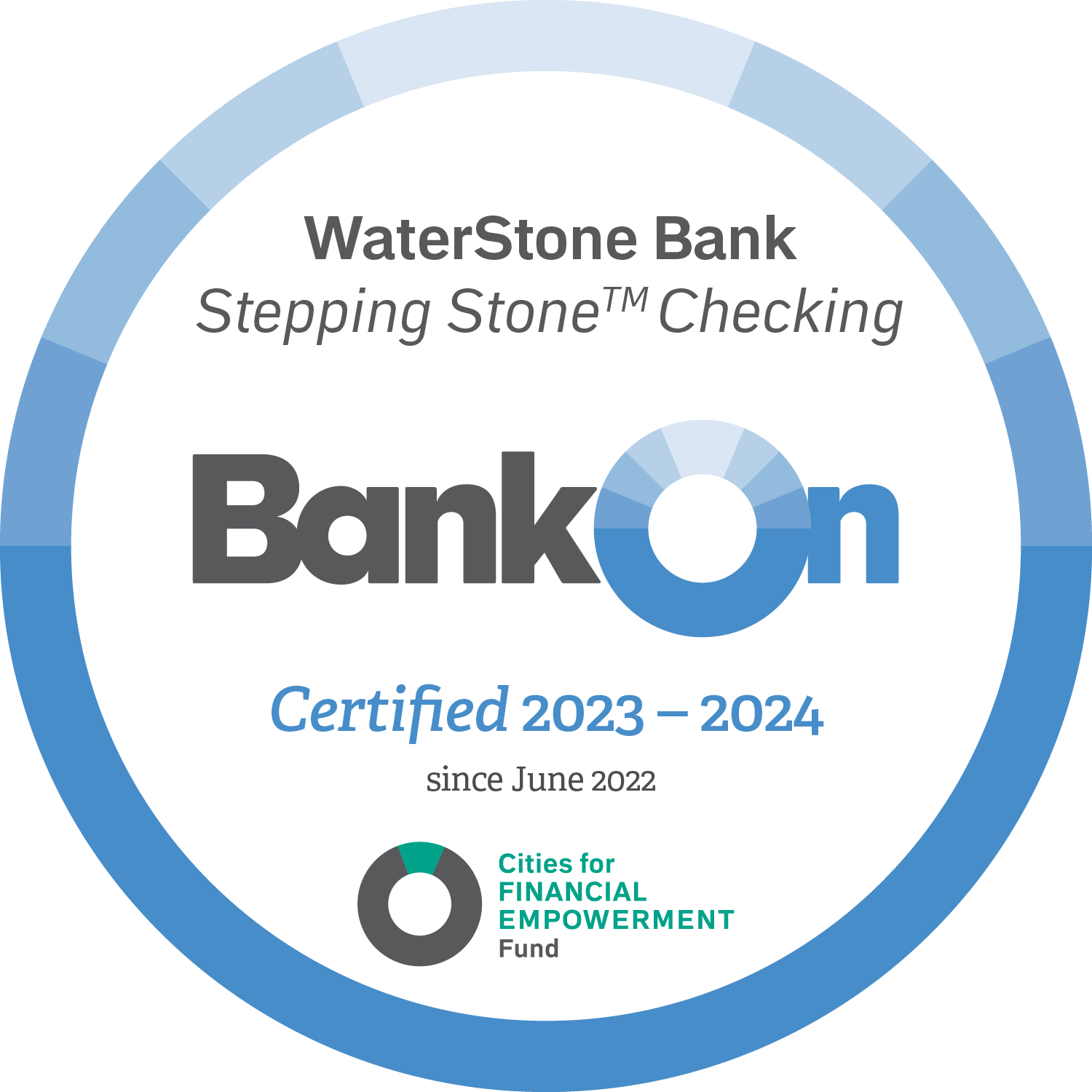Protecting Yourself from Counterfeit Checks
Throw away any offer that asks you to pay for a prize or a gift. If it’s free or a gift, you shouldn’t have to pay for it. Free is free.
Resist the urge to enter foreign lotteries. It’s illegal to play a foreign lottery through the mail or the telephone, and most foreign lottery solicitations are phony.
Know who you’re dealing with, and never wire money to strangers.
If you’re selling something, don’t accept a check for more than the selling price, no matter how tempting the offer or how convincing the story. Ask the buyer to write the check for the correct amount. If the buyer refuses to send the correct amount, return the check. Don’t send the merchandise.
As a seller, you can suggest an alternative way for the buyer to pay, like an escrow service or online payment service. There may be a charge for the escrow service. If the buyer insists on using a particular escrow or online payment service you’ve never heard of, check it out. Visit its website, and read its terms of agreement and privacy policy. Call the customer service line. If there isn’t one- or if you call and can’t get answers about the service’s reliability- don’t use the service. To learn more about escrow service and online payment systems, visit http://www.ftc.gov/.
If you accept payment by check, ask for a check drawn on a local bank, or a bank with a local branch. That way, you can make a personal visit to make sure the check is valid. If that’s not possible, call the bank where the check was purchased, and ask if it is valid. Get the bank’s phone number from directory assistance or an Internet site that you know and trust, not from the check or from the person who gave you the check.
If the buyer insists that you wire back funds, end the transaction immediately. Legitimate buyers don’t pressure you to send money by wire transfer services. In addition, you have little recourse if there’s a problem with a wire transaction.
Resist any pressure to “act now.” If the buyer offer is good now, it should be good after the check clears.

 (888) 686-7272
(888) 686-7272


